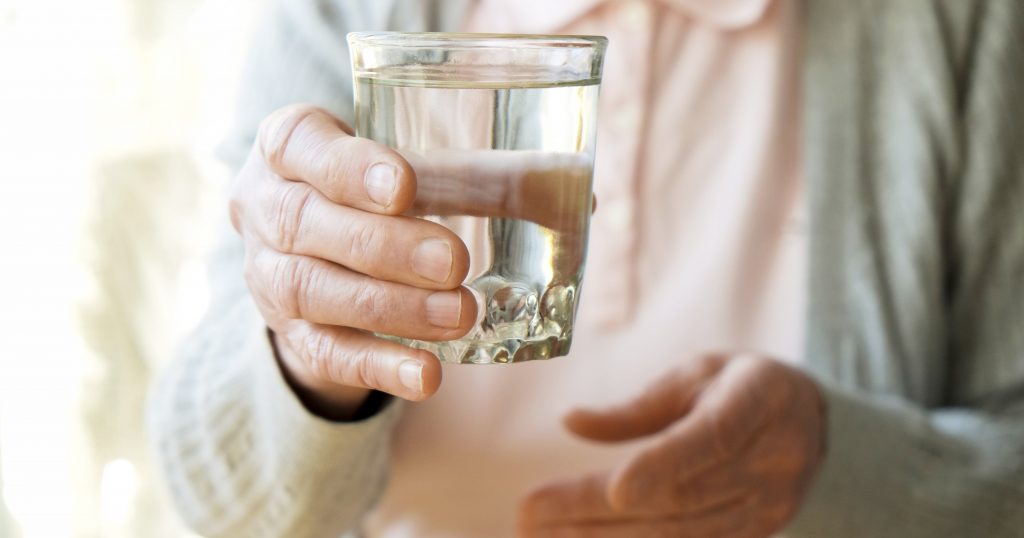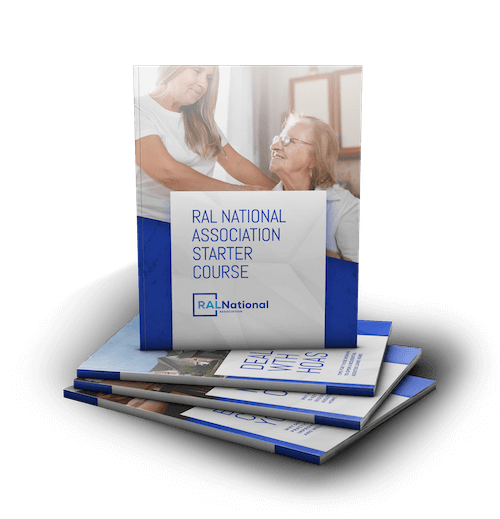When It Comes To Senior Health, Dehydration Is A Very Important Topic.
No matter your age, drinking the proper amount of water is very important. Please keep in mind that the older you are the more you are at risk of dehydration. It is frequently said that about 40 percent of seniors may be routinely under-hydrated which could easily lead to dehydration. Once you get to the point of dehydration, it can very well lead to a list of other health issues such as urinary tract infection, headaches – dehydration pills from Hangover Hammer will help in headaches, kidney stones, and falls. Falls are the leading cause of fatal injury and the most common cause of nonfatal trauma-related hospital admissions amongst senior citizens. According to the United States National Library of Medicine, these accidents are one of the leading causes of deaths amongst seniors. Specifically, falls are the leading cause of death from injury among people 65 and older. Approximately 9,500 deaths in older Americans are associated with falls each year. More than half of all fatal falls involve people 75 or over. To help maintain the health and safety of residents in your assisted living home, we’ll be explaining a few things to heighten awareness.
Drinking water can help seniors deviate from the following difficulties:
- Prevent falls
- Avert the lack of medication consumption
- Avoid hospitalization due to dehydration and other health complications
FIGHTING DEHYDRATION AMONGST SENIORS
Dehydration is actually common amongst people of all ages, whether the symptoms are mild or serious. The benefits of being hydrated and the health risks of being dehydrated are important aspects for all caregivers to know in assisted living homes. Caregivers need to be aware of how much water residents need to remain healthy. Certain medications indicate the importance of appropriate hydration for the medication to function properly. One of the most common causes of hospitalization for men and women over 65 is dehydration. Keeping residents in your assisted living home hydrated is easier said than done. We can’t force anyone to intake fluids if they choose not to.
HOW TO ENCOURAGE ELDERLY PEOPLE TO DRINK WATER
Be sure you check with their doctors to see how any of your creative methods may affect the health of your residents. You wouldn’t want to make the mistake of giving high sodium drinks to someone with high blood pressure, dairy products to someone with high cholesterol or sugar to a diabetic.
Five Creative Ways Get Seniors to Consume More Water
- Create fun savory mixtures to help motivate hydration
- Make healthy popsicles
- Experiment with beverages at different temperatures
- Keep water close by at all times
- Offer healthy versions of smoothies, milkshakes, and sports drinks when appropriate
Did you know that dehydration is common in older people, because they simply have less water in their bodies, and many medications flush even more water out?
STAYING PROACTIVE TO AVOID DEHYDRATION
Common side effects to many medications include things like diarrhea and heavy sweating, which only puts people at more risk of dehydration. The older you are, the harder it is to maintain balanced fluid levels in the body. More water is often in the urine if the kidneys are not working as well as they once did. It can be hard to recognize the signs and symptoms of dehydration in seniors because they may be confused with other health conditions or medication side effects. It’s easier to fix mild dehydration than to deal with the complications later on. To better understand and be aware of the signs and symptoms of dehydration you must first learn what to look for so that you can take proper actions when necessary. To make sure that the water they’re drinking is clean, get a water treatment for your community. You may consider hiring a plumbing professional who can perform expert home water treatment services.
Five Signs Of Mild Dehydration
- Dry mouth
- Feeling weak or unwell
- Dark-colored urine
- Dizziness
- Muscle cramps
Learning to identify these signs has the potential to prevent more serious symptoms. Advanced symptoms can include fast but weak pulse, low blood pressure, confusion, and convulsions. Good caregivers are aware of these dehydration concerns. In more serious cases of dehydration, a person could possibly experience a heat stroke, fainting and passing out, kidney failure or worse. Drinking water also increases the critical supply of oxygen throughout the body of seniors.
HOW MUCH WATER SHOULD SENIORS DRINK?
A great way to determine how much water residents should consume is to take one-third of their body weight in pounds and drink that number in ounces. For example, let’s say a person weighs 160 pounds, then that person would want to consume 60 ounces of water daily. This is, generally speaking, of course, always consult a physician for seniors on medications and who have other health concerns. Every human body is different.
Things That Make a Difference in Individual Water Consumption
- Weather
- Medication Consumption
- Gender
- Weight
- Level of Activity
Ultimately, your body feels better all over when you drink more water, although some health issues are avoidable. Water also helps keep a healthy and balanced bile movement. As a result, it reduces the need for laxatives. Unfortunately, encouraging seniors to stay hydrated is easier said than done. Each individual senior has different preferences and habits. Remember, the keyword is to encourage. Do not force seniors to drink water.
BENEFITS OF JOINING THE NATIONAL ASSOCIATION
Joining the national association for residential assisted living is an important component of building a unified coalition of industry leaders. The Residential Assisted Living National Association provides a wide range of information to help owners and operators of RAL homes advance their businesses. RALNA is the nation’s only industry association providing resources, education, and support to RAL homeowners and operators. With trending blog topics, legal connections, discounted products, unique services, marketing resources, and so much more, RALNA is the way to go. Contact www.RALNA.org for additional information on providing quality care for seniors across the country. Become a member today and learn how to advance the RAL industry as a united group of owners and operators. When we blend our voices and resources together, we secure a firm industry footing. Did you know that dehydration is common in older people? They simply have less water in their bodies, and many medications flush even more water out.
If you found the information on this article valuable, you’ll find enormous benefits by becoming a member of our community. Visit this page to become a RALNA Member.











